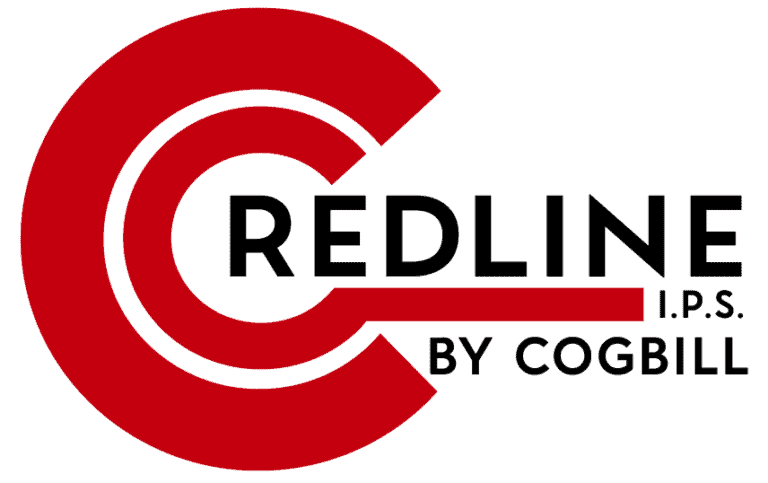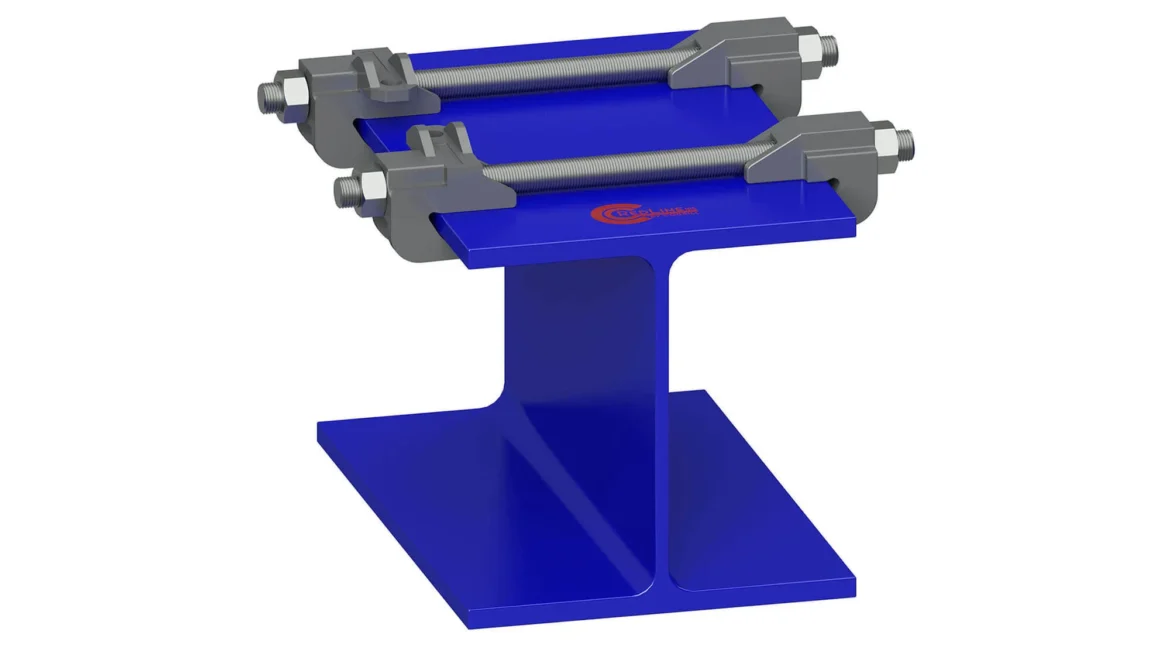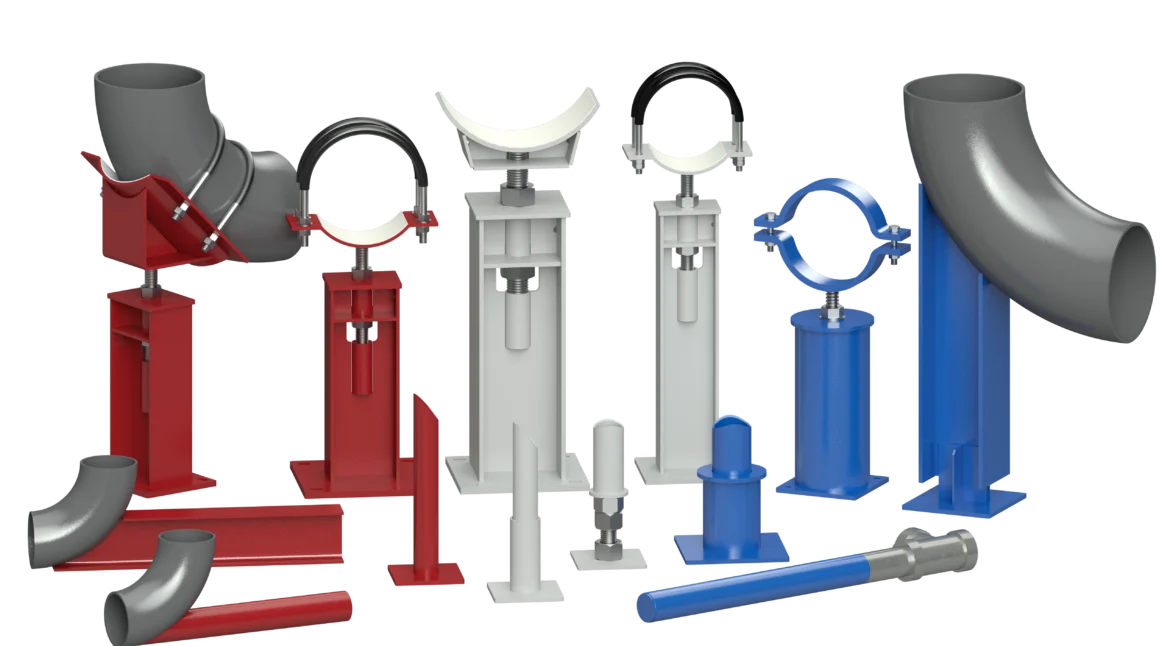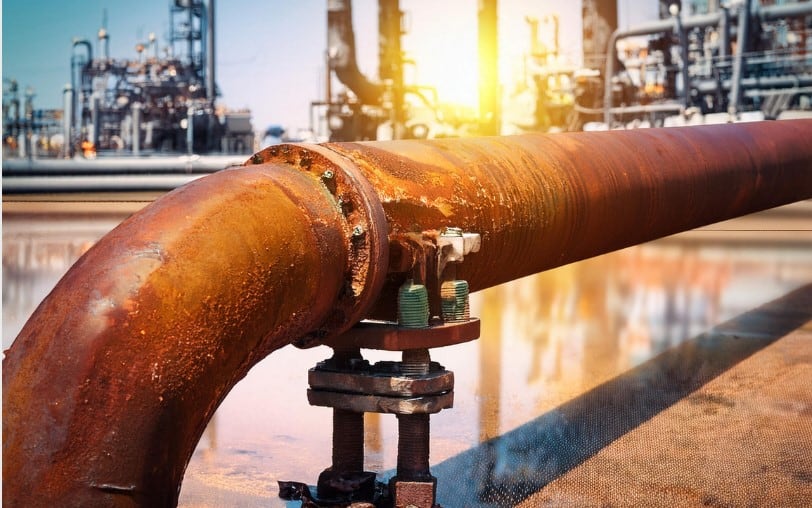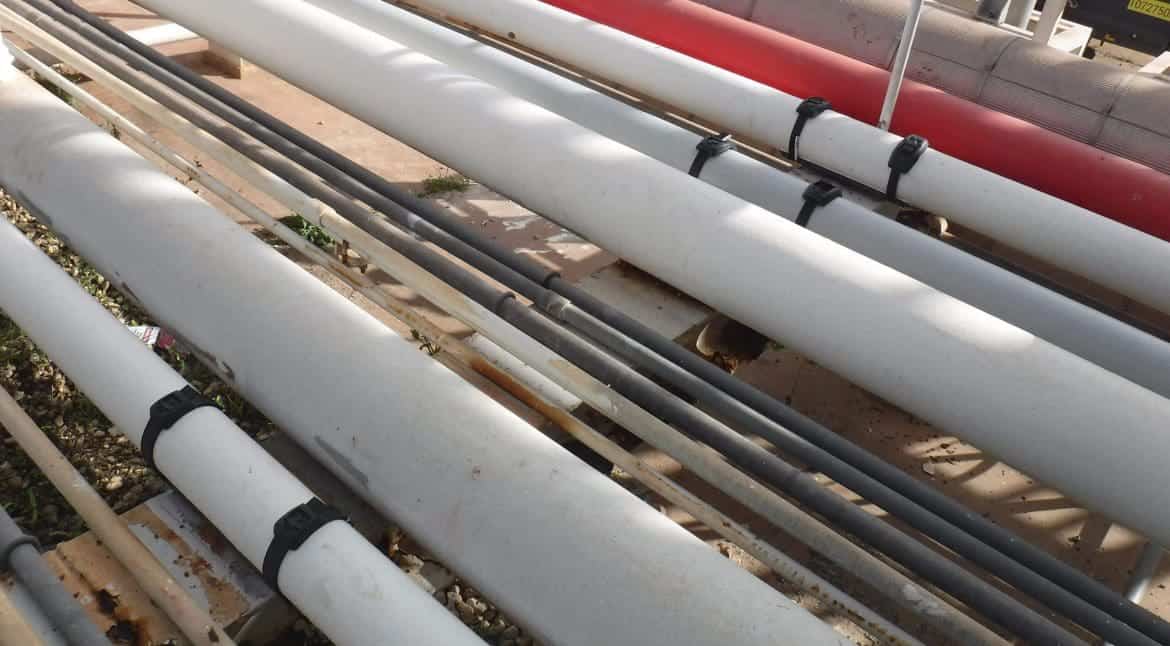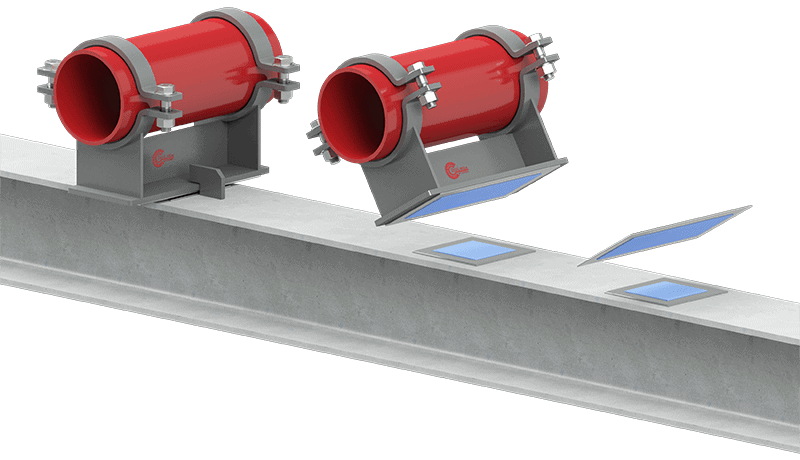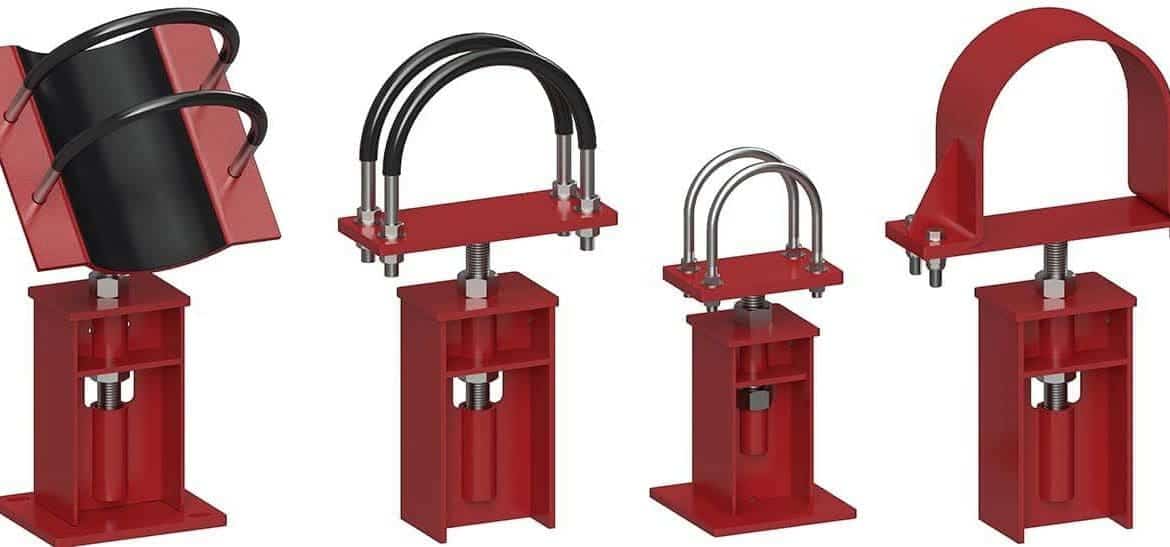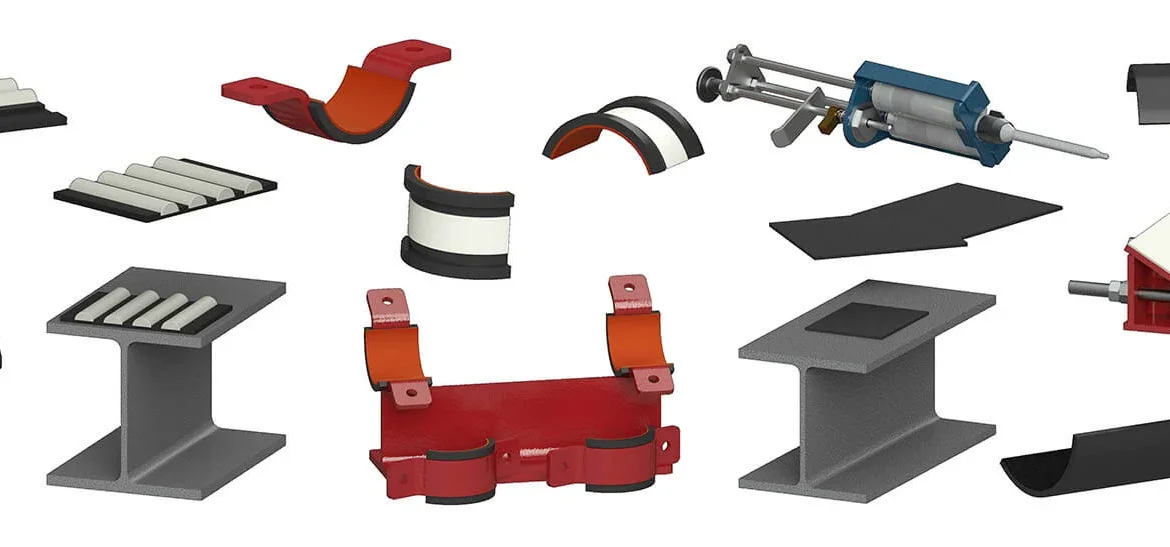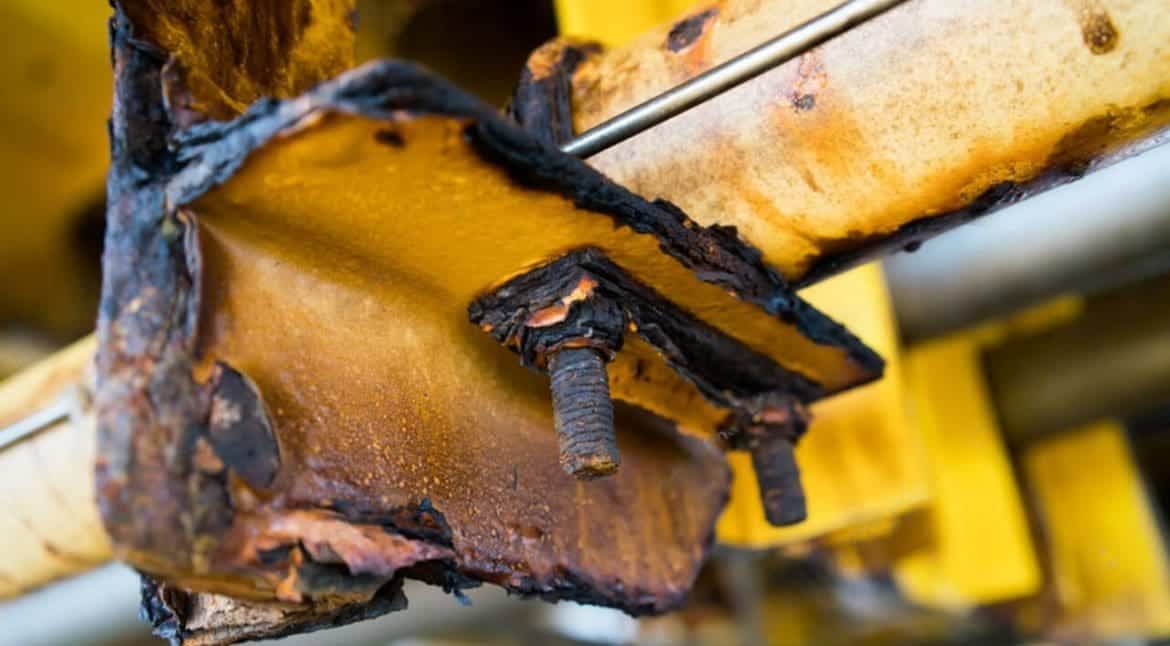Pipe supports are critical for industrial systems, ensuring stability, safety, and longevity. They manage thermal expansion, reduce vibration, and prevent damage, enhancing operational efficiency. Proper support selection and installation are vital for handling pipe weight, movement, and environmental factors. Explore how well-designed pipe supports improve reliability and safety in industrial…
Cogbill, under its RedLineIPS brand name, a leader in advanced piping solutions, is proud to announce its exclusive partnership with Clambrace, Belgium, the innovative clamped pipe guide system. RedLineIPS is now the sole distributor of Clambrace products across North America, bringing this game-changing technology to industrial facilities in the United…
Pipe supports are critical for industrial systems, ensuring stability, safety, and longevity. They manage thermal expansion, reduce vibration, and prevent damage, enhancing operational efficiency. Proper support selection and installation are vital for handling pipe weight, movement, and environmental factors. Explore how well-designed pipe supports improve reliability and safety in industrial…
In corrosive environments, such as chemical plants and refineries, leaks in industrial piping systems are a significant concern. This article explores the challenges of traditional metallic supports and highlights composite solutions, like those from RedLineIPS, which resist corrosion and extend the lifespan of pipelines. Learn how composite supports and non-metallic…
The RedLineIPS SmartPad System, developed by Cogbill and currently pending patent approval, offers a groundbreaking solution to combat the pervasive issue of corrosion in industrial piping systems, specifically at pipe support points, commonly referred to as "Corrosion Under Pipe Supports" (CUPS) or "Corrosion Under Supports" (CUS)
In the realm of industrial piping systems, where durability and reliability are paramount, the unsung hero often turns out to be the unassuming Teflon liner. Teflon, also known as polytetrafluoroethylene (PTFE), has earned its stripes as a versatile and robust material that plays a pivotal role in safeguarding pipe supports…
Pipe supports play a vital role in the operation, safety, efficiency, and longevity of piping systems in petrochemical and gas facilities. These systems are crucial for transporting a myriad of substances, including oil, natural gas, and various chemical products, under conditions that may involve high pressures and temperatures, mechanical stress,…
In the world of industrial materials, Fiber-Reinforced Plastic (FRP) stands out as a true marvel. Often referred to as fiber-reinforced polymer, FRP is a composite material created from a polymer matrix reinforced with fibers like glass, carbon, or aramid. Its unique properties make it indispensable across a variety of industries,…
Corrosion Under Pipe Supports (CUPS) is a common and often overlooked issue in industrial piping systems, leading to significant structural damage and potential system failures. This type of corrosion occurs at the points where pipes rest on their supports, and is exacerbated by factors such as friction, trapped moisture, contact…
